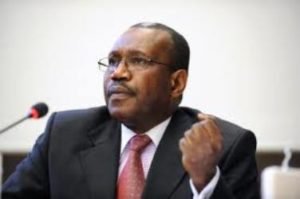Telecom Lead India: The International Telecommunication Union (ITU) and World Health Organization (WHO) launched m-Health initiative.
The partnership is aimed at using mobile technology, in particular text messaging and apps, to help combat non-communicable diseases (NCDs) such as diabetes, cancer, cardiovascular diseases and chronic respiratory diseases.
The ITU-WHO m-Health Initiative will initially run for a four-year period and focus on prevention, treatment and enforcement to control non-communicable diseases.

At the national level, governments work closely with the Initiative to accelerate the roll out of operational projects.
Using mobile telephone technology, m-Health practices can help save lives, reduce illness and disability, and reduce healthcare costs significantly.
Through the initiative, ITU and WHO will provide evidence-based and operational guidance to encourage partners worldwide, especially governments, to implement m-Health interventions to address prevention and treatment of NCDs and their common risk factors – tobacco use, unhealthy diet, physical inactivity and the harmful use of alcohol.
“By joining forces, ITU and WHO will fight against debilitating non-communicable diseases that can be controlled through the intervention of m-Health solutions and services that are at once cost effective, scalable and sustainable,” said ITU Secretary-General Hamadoun I. Toure.
The ITU-WHO m-Health initiative will build on current projects, existing health systems and platforms, and will involve partnerships between governments, NGOs and the private sector.
“WHO is already using mobile devices to carry out surveillance of non-communicable diseases and their risk factors. For example, the Global Adult Tobacco Surveillance system has used mobile phones to capture data on tobacco use in 17 countries – covering over half of the world’s population. This experience of running population-scale mobile projects will be vital to the initiative,” said Oleg Chestnov, WHO Assistant Director-General for Non-communicable Diseases and Mental Health.
